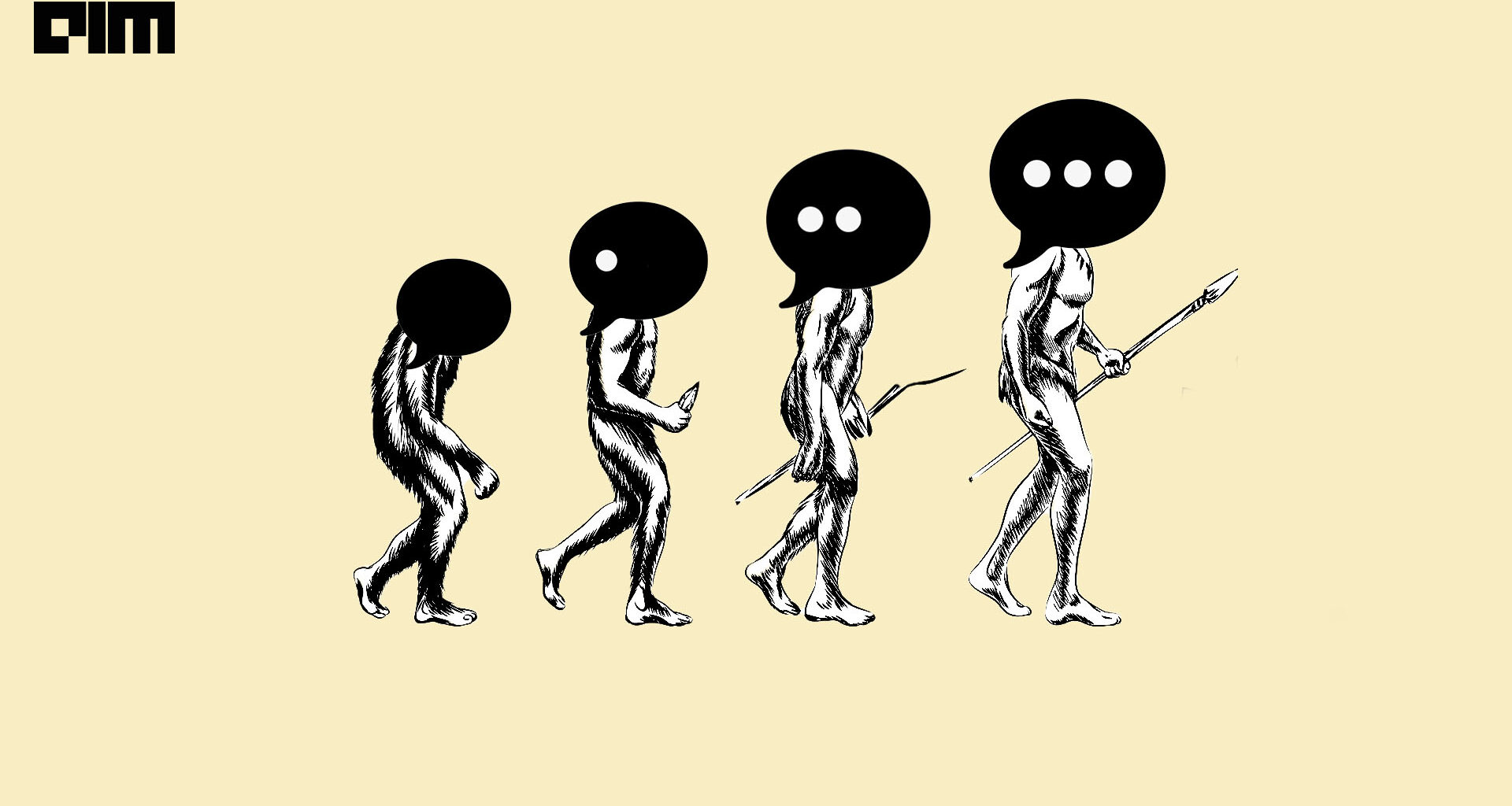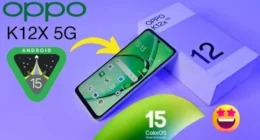Users complained that, upon release, ChatGPT was only able to access data locally, in a database that only went through the middle of 2021. With this strategy, ChatGPT can avoid Bing’s missteps and get off to a flying start with its own chatbot.
Bing has been accused of freely disseminating false information on controversial topics like the COVID-19 vaccine. Misinformation pieces are ironically taken from articles demonstrating how Bing provides misinformation, albeit in isolation and without disclaimers like those found on ChatGPT.
As OpenAI’s CEO Sam Altman puts it, “People really love it [ChatGPT], which makes us very happy. However, at the moment, nobody would claim that this is a fantastic, fully-featured product. but there’s so much to enjoy here that people don’t mind.”
Unfortunately, Bing still hallucinates answers more often than any of the other LLMs that have been released in the past year, even when it has access to the internet. Imaginings about the Super Bowl champion, Apple’s quarterly earnings report, and the premiere date of the new Avatar film are just a few examples. These are questions that can be answered by running a quick online search, but the chatbot either didn’t look into them or found outdated results and presented them as new.
Also Read: How to Use Chat GPT?Step by Step Guide to Start Open AI ChatGPT
In the beginning… chatbots
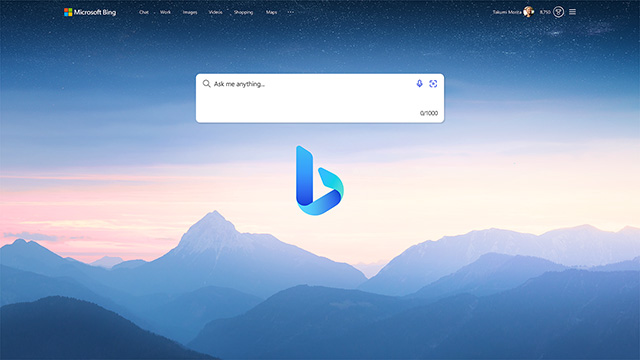
Though it may come as a surprise to some, chatbots have actually been around since the 1960s, albeit in a very different form than what we know today. Joseph Weizenbaum of the MIT Computer Science and Artificial Intelligence Laboratory created the first chatbot, Eliza, in the years 1964–1966. It was made on purpose to show how meaningless human interactions with machines can be.
By recognising keywords and “pattern matching,” the chatbot recreated a conversation between a patient and a psychiatrist. The first computer programme to use natural language processing (NLP) technology.
The company demonstrated the functionality of “the new Bing” in a number of setups today. The first mode displays conventional search results alongside AI annotations (as seen above), while the second allows users to interact with the Bing chatbot in real time by asking it questions through a chat interface similar to ChatGPT (below).
Also Read: It Appears that Google Will Debut Their Chat Gpt Clone on February 8.
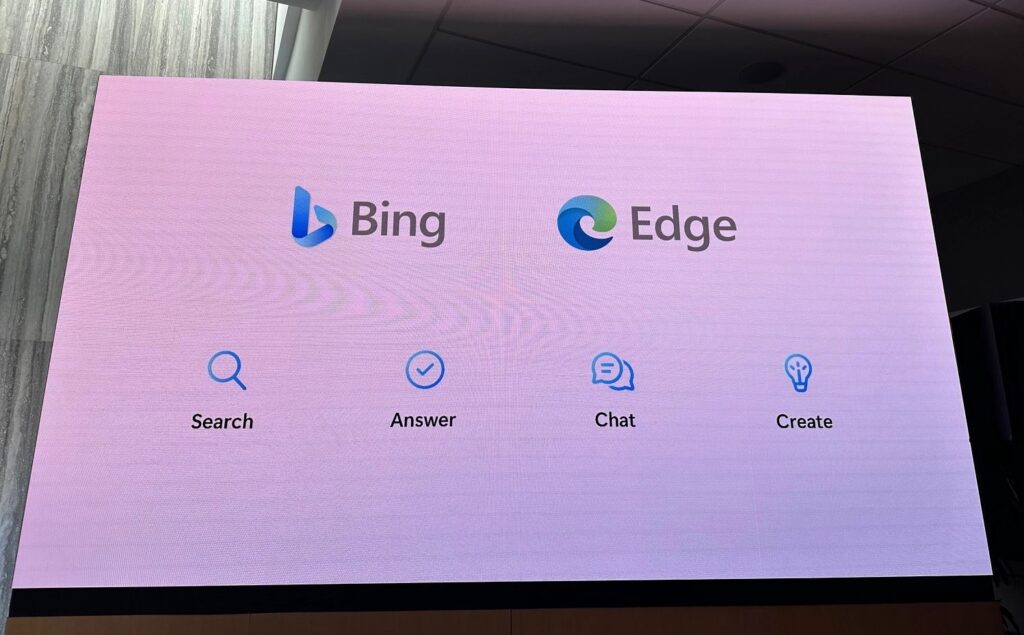
Microsoft demonstrated several different types of searches, including using Bing to find recipes, travel advice, and Ikea furniture. One test scenario involved the user telling Bing to “plan out a 5-day trip to Mexico City, including all of the activities and transportation you’d like to do on each day.” The chatbot provided an exhaustive response, detailing a preliminary schedule and providing additional resources for further reading.
The new Bing, unlike ChatGPT, can also find up-to-date news articles. Demos conducted by The Verge showed that the search engine was able to provide answers to questions about its own launch by referencing news articles published within the previous hour.
Microsoft states that these capabilities are driven by an improved version of GPT 3.5, the AI OpenAI language model that underpins ChatGPT. Microsoft refers to this as the “Prometheus Model,” and claims it is superior to GPT 3.5 in providing timely, annotated results to search queries.
Also Read: Microsoft likely to announce more ChatGPT-powered tools in March
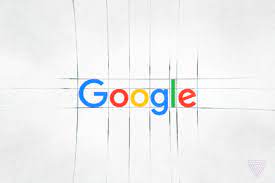
Even though the new Bing is available as of today “for desktop limited preview,” it seems that users can only “ask” one of several predefined questions and always get the same answers. You can also join a waitlist if instant access is something you’re interested in.
New Bing isn’t the only thing Microsoft is releasing today; the company is also introducing two artificial intelligence (AI)-enhanced features for its Edge browser: chat and compose. These will appear in a sidebar in Microsoft Edge.
Compose is a writing assistant that can help you generate text for anything from emails to social media posts based on a few starting prompts, while “chat” allows users to summarise the webpage or document they’re viewing and ask questions about its contents.
Also Read: Opera is Integrating ChatGPT for website and Article Summaries.
